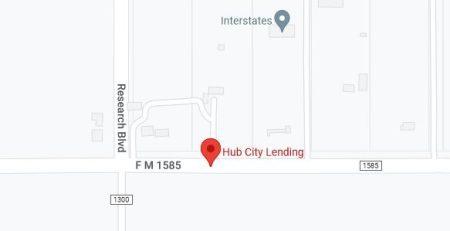
What Are Receivables?
Receivables, also known as accounts receivable, are sums owing to a business by its clients for products or services that have already been provided or utilized but have not yet been compensated.
Customers are given lines of credit, which results in the creation of receivables, which are listed as current assets on a company’s balance sheet. They are regarded as liquid assets since they can be pledged as security against a loan to cover immediate expenses. The working capital of a business includes receivables. In order to effectively manage receivables, it is important to contact any customers who have not paid right away and, if necessary, negotiate a payment plan. This is significant since it increases operating capital and reduces net debt for the business.
Receivables Definition
Any time a company is a due money for goods or services that have been supplied but have not yet been paid for, a receivable is established. This might result from a sale to a consumer using shop credit, a subscription payment due after receiving the goods or services, or an installment payment plan.
Types of Receivables
Majorly there are two types of receivables:
- Notes Receivables
Customers’ debts are expressed in the form of official documents known as notes receivable. Contrary to trade accounts receivable, notes receivable can only be listed on the balance sheet as current assets if the outstanding amount can be recovered within a year. This kind of receivable is typically utilized for credit terms longer than 60 days.
- Account Receivables
Customers’ debts to the business for customary credit purchases are shown as accounts receivable. Accounts receivable are regarded as current assets because they are often recovered within two months of the sale. On balance sheets, accounts receivable typically appear above inventory and below short-term investments.
- Other Receivables
Trade receivables are accounts receivable and notes receivable that come from company sales, but there are other kinds of receivables as well. For instance, at the conclusion of each accounting period, interest revenue from notes or other interest-bearing assets is accumulated and placed in an account called interest receivable. Other sorts of receivables are produced by wage advances, formal loans to employees, or loans to other businesses.
Benefits Of Receivables
1. Boost operational effectiveness
For certain firms, the development and processing of invoices can be a challenging process requiring numerous approvals and sign-offs before the invoice can be created and issued. Invoices must be generated, sent to the proper client, and then processed by that client before payment. In a perfect world, this process would be finished in a few hours, but it frequently takes days. By automating your accounts receivable, you can take fewer steps and finish them more quickly.
2. Lower your expenses
The potential cost reduction is one of the most persuasive arguments for organizations to automate some or all of their processes. Businesses need every advantage they can obtain to survive and outperform their rivals in today’s very competitive business climate.
3. Helps in the retention of employees
Your finance team will become more and more crucial to keeping the ship afloat as your firm expands and its procedures get more intricate. Like any employee, the happier they are at work, the more probable it is that they will remain with your company over the long term.
Receivables and Account Receivable Financing
A deal that involves capital principal in relation to a company’s accounts receivables is known as accounts receivable finance loan. Assets known as accounts receivable represent the unpaid balances on bills that have been sent to clients but have not yet been paid.
It enables businesses to get paid early on their unpaid invoices. When using accounts receivable finance, a business agrees to prepay part or all of its outstanding invoices in exchange for a fee from the funder.
For more information on our financing services please contact Hub City Lending and we will get you on the path to financial success.


Location: Lubbock, Texas, United States
Work:Owner/Broker @ HubCityLending
Education:University of Texas at the Permian Basin, Master of Business Administration, 1999 – 2001


